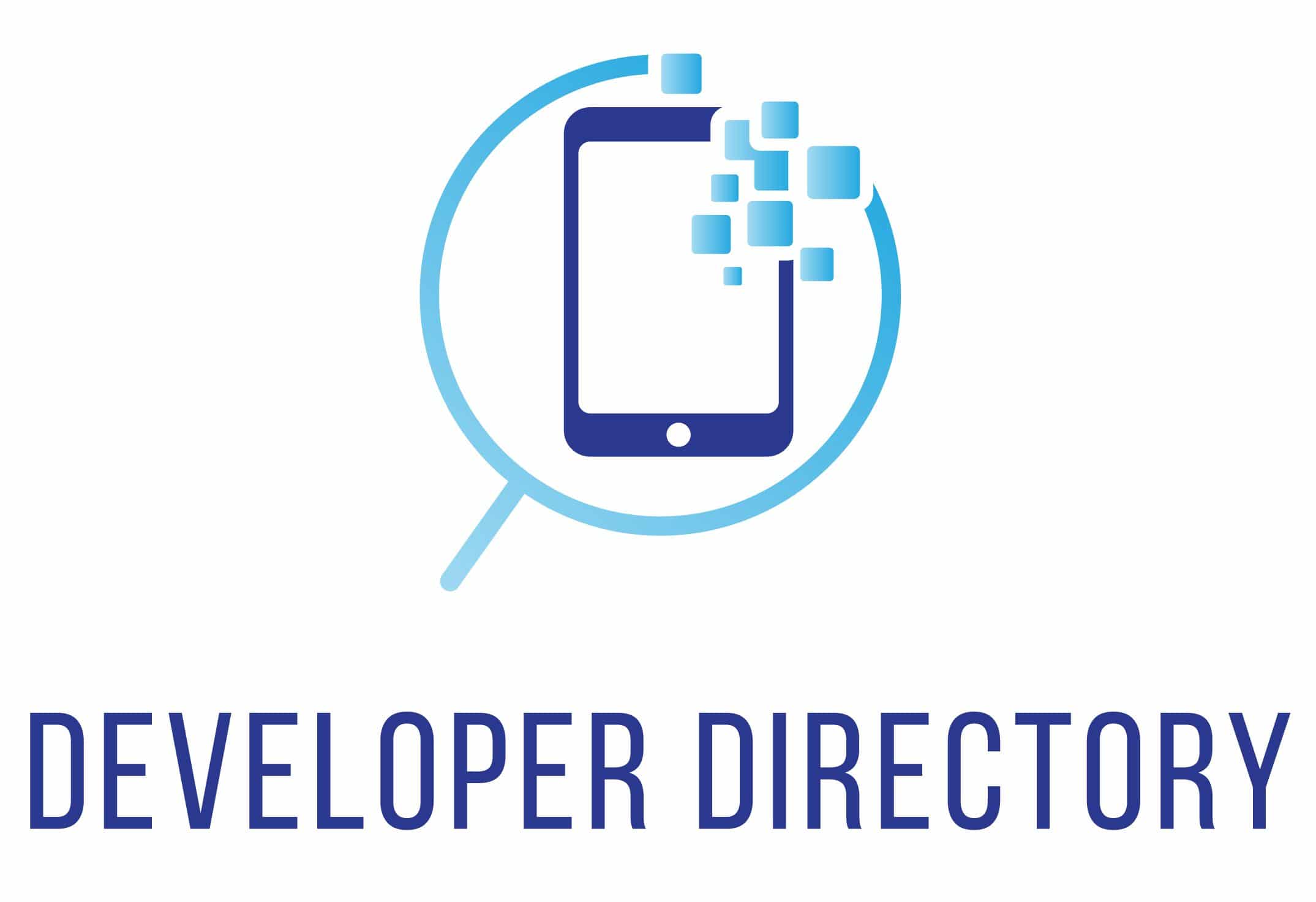The Rise of Mobile Access to the Internet in Nigeria
As of December 2019, Nigeria had an estimated population of above 195 million people. There were over 128 million mobile phone data subscriptions in Nigeria, according to the Nigerian Communication Commission (NCC) as of 2019, smartphone penetration at the same time had reached over 40% in the country. Thus the potential for the mobile website and app development market in the country is huge.
Over half of the web traffic in Nigeria comes from mobile devices. As at the end of 2019 it was estimated mobile devices generated 56% of the nation’s website traffic. This figure has been steadily increasing with the trend expected to continue. With companies in the country accelerating digital initiatives and switching to digital models of business and the innovation of 5G, it is likely that the percentage of users accessing the internet via their mobile devices will only continue.
In the Nigerian market due to the infrastructural challenges such as unstable electricity supply and the still relatively high cost of desktop and laptop devices it is crucial for businesses to ensure their websites are mobile friendly and to also have a mobile website or app development strategy that is catered to their market and customer base.
Whilst mobile websites and apps tend to serve similar functions to customers and have similar features, there are some distinct features of each and a business needs to decide what is most suitable for their target customers.
Apps are developed for specific platforms such as iOS and Android. The user downloads and installs the mobile app on their device. In Nigeria, the use of apps in most cases offer customers and users faster and more responsive experience than mobile websites.
Key Things to Consider When Launching a Mobile Website or App for the Nigerian Market
There are several key factors a company should consider when developing a mobile website or app for the Nigerian market:
The User Experience
User friendliness and interactivity are critical to retaining customers’ interest in the Nigerian market. With the development of mobile applications for businesses in Nigeria, a business owner can offer their customers value through a new channel of interaction. Instead of staring at the same adverts/texts and images on a typical website, the dynamic nature of mobile websites and apps allow users to interact with areas a business would like to draw to the customer’s attention.
Customization
Mobile applications allow users to setup their preferences as soon as the app is downloaded and customize it to meet their specific needs. Thus, user engagement with the app can be tracked and a business can offer custom recommendations and updates, making the app more useful to the customer.
Mobile apps allow businesses to send tailored communication to their users based on their interest, usage, behaviour and location. Sending customized or dynamic notifications to users should have a positive impact on engagement, open rate and conversion rates.
Ability to Work offline
Given the still relatively high cost of data in the Nigerian market, one important benefit of mobile apps is they allow Nigerian businesses to continue to engage with their customers even when the customers are offline.
This gives Nigerian companies the opportunity to interact with and further penetrate a wider customer base in Nigeria who are not always online due to data costs.
Although many features of apps require internet connectivity to perform most of their tasks, content and functionality can still be provided to users while in offline mode. With this advantage, clients can access information regarding the company’s services/products anytime, anywhere. It could be argued this is the biggest advantage mobile apps have over mobile websites, therefore businesses should assess how useful this could be to their market penetration strategy.
Leverage Device Capabilities
Mobile websites and apps can access and use built-in device features such as the camera and GPS. Leveraging device capabilities leads to an enhanced, more convenient user experience. For example, the ability to automatically use GPS and location data allows retail and ecommerce businesses to send users flyers with discount offers specific to their area.
Responsive Mobile Websites
Responsive mobile websites are websites developed to accommodate different screen sizes. A responsive website is a customized version of a regular website that is adapted for a mobile device. Mobile websites are developed by some businesses so that they can display in-depth information regarding their mode of operations, qualifications, latest updates, increase awareness of product or service offerings, mode of contact, method of payment etc. Given this wealth of information it is important the mobile website is presented in a manner suitable for a mobile device screen or they could be rendered unusable. In Nigeria this is already the standard for the banking sector whereby all major banks have both a mobile responsive website and a mobile app to ensure it is easy for their account holders to complete their banking transactions via mobile channels. Other sectors are slowly catching on to this trend.
Challenges in The Nigerian Market
Given the economic realities most customers in Nigeria face, many will not have the latest smartphones or other mobile devices therefore any mobile website or app should be developed to be as compatible with as many types of devices as possible. Furthermore, mobile apps only function on a specific operating system (e.g. iOS or Android) whereas mobile websites should function on almost any operating system. Data is also expensive in Nigeria and as mobile websites do not involve a significant initial download which apps do, a business should take into account whether their target customer base will consider significant downloads an impediment to acquiring an app, if so a mobile website may be a better approach for the business.

